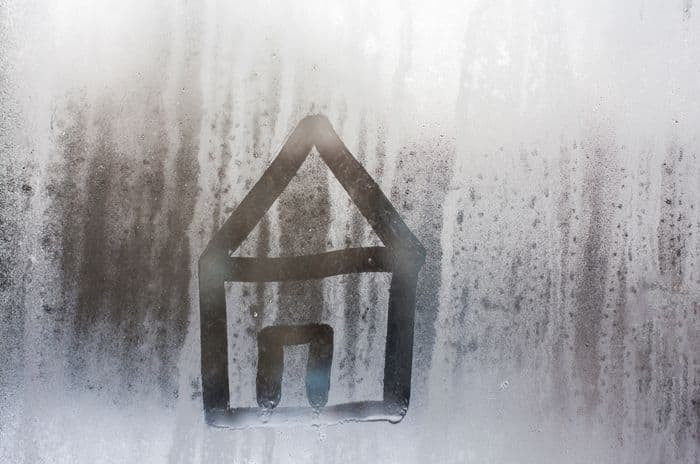Home > Energy > News > Utility Warehouse failed to treat customers fairly
Utility Warehouse failed to treat customers fairly
Energy regulator finds that supplier failed to consistently treat customers fairly over a six-year period.
Utility Warehouse accepted their actions left some customers facing increased financial hardship between 2013 and 2019.
They failed to consistently offer help to customers struggling with their bills, with some customers forced to accept unnecessary installations of pre-payment meters.
The energy supplier has agreed to pay £1.5m into the voluntary redress fund which provides support to vulnerable energy customers and promotes innovation in the energy sector.

Failings
An Ofgem investigation found Utility Warehouse had failed vulnerable customers in several ways during a six-year period starting from 2013.
The supplier:
- Did not consistently offer to allow struggling customers to use debt repayment plans or allow payments to be taken directly from benefits
- Did not consistently take a customers' ability to pay into account when calculating regular instalments
- Did not consistently offer customers the option of paying back charges via the voluntary installation of a pre-payment meter or offer energy efficiency advice on how to reduce bills
On this third point, Ofgem said that some pre-payment meters were installed unnecessarily under warrant thanks due to Utility Warehouse's failings.
During the investigation, Utility Warehouse also admitted they had submitted some inaccurate data to Ofgem between 2013 and 2019.
The data, known as Social Obligation Reporting (SOR) data, allows the regulator to keep track of whether suppliers are complying with licence regulations.
Utility Warehouse
Ofgem say Utility Warehouse have accepted their failings and that they have put measures in place to stop them happening again.
The supplier has also agreed to pay £1.5m into the regulator's voluntary redress fund managed by the Energy Saving Trust to support energy poverty and innovation.
Rule-breaking energy companies are often asked to pay money into this fund as a form of alternative enforcement action.
In Utility Warehouse's case, it is the second time in two years they have made a payment into the fund.
Last year, they paid £200,000 in redress on top of £300,000 in goodwill payments to vulnerable customers after overcharging more than 3,400 customers a total of £150,000 in a serious breach of standards.
Utility Warehouse were also one of 18 suppliers named for breaching price protection rules earlier this year when more than 2,700 customers were overcharged £62,000.
Vulnerable customers
Ofgem take a dim view of energy company failings that affect vulnerable customers as we saw last year when Bulb ended up paying £1.76m in refunds, redress and goodwill payments for removing vulnerable customers from the Priority Services Register (PSR).
In their explanation of the investigation into Utility Warehouse's failings, the regulator warned suppliers that, despite the energy markets being under severe strain due to the rise in wholesale prices, they are expected to comply with all licence obligations and to treat their customers fairly.
Ofgem explicitly stated this includes relevant support to vulnerable customers and they promised to step in if they see poor behaviour.
In reality, this reminder to energy suppliers that they should protect their vulnerable customers over the winter is one of the few actions Ofgem can take to safeguard those customers during the next few difficult months.
Vulnerable customers are often hardest hit by energy company errors since many have no financial cushion to protect them from overcharging or other issues.
For example, when 1.6 million people had their direct debits taken early by E.ON just before Christmas 2020, there was a significant delay in people getting their money back due to the extended holiday and £55,000 in compensation was paid out to customers who were adversely affected.
Customers struggling to pay their energy bills should read our guide to energy debt and grants to help them work out what to do next.
Get insider tips and the latest offers in our newsletter

We are independent of all of the products and services we compare.

We order our comparison tables by price or feature and never by referral revenue.

We donate at least 5% of our profits to charity, and we have a climate positive workforce.
Latest Energy News

Energy
Energy prices increase by 5%Get insider tips and the latest offers in our newsletter




